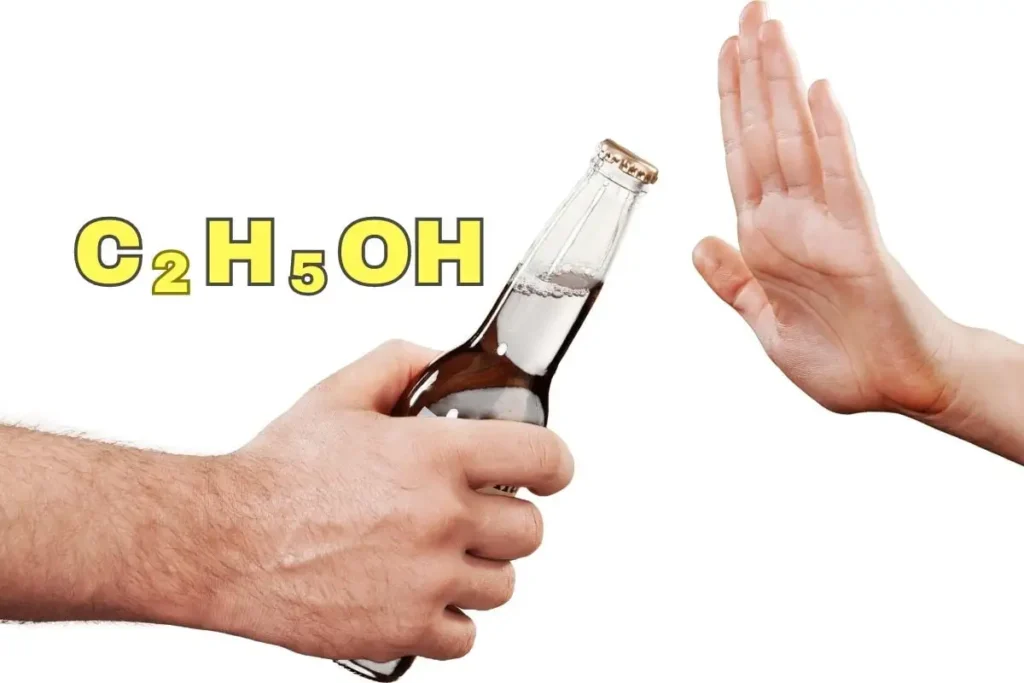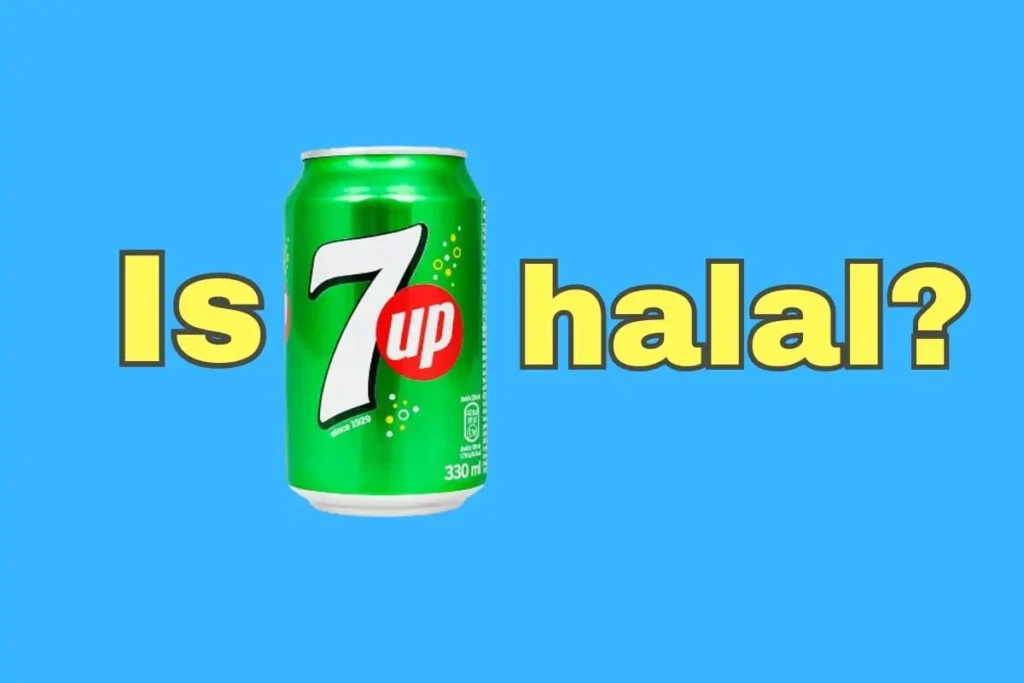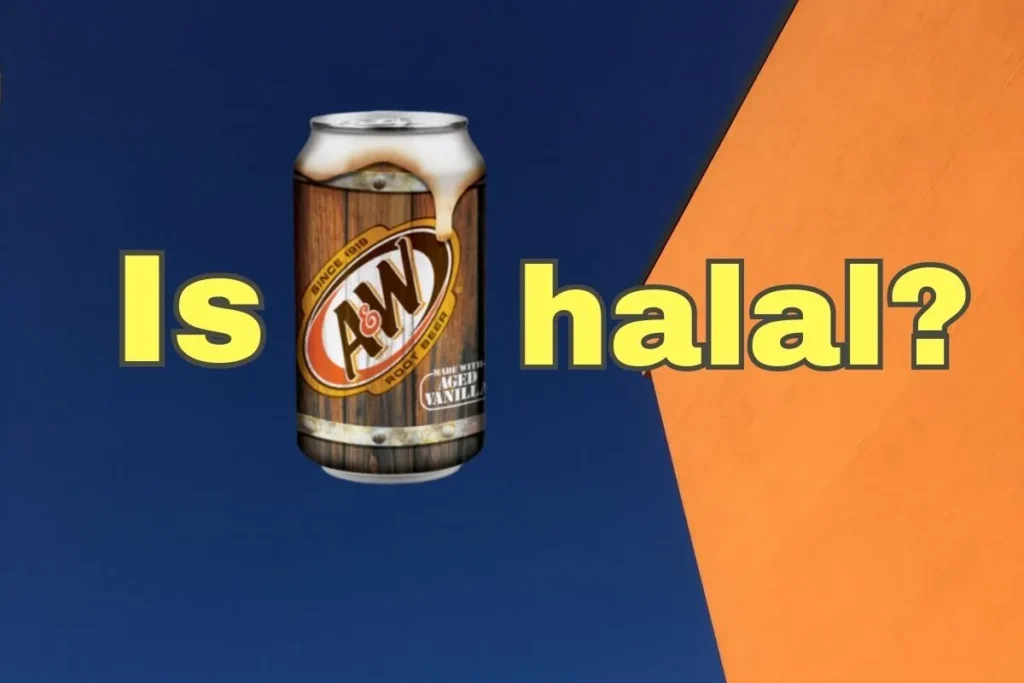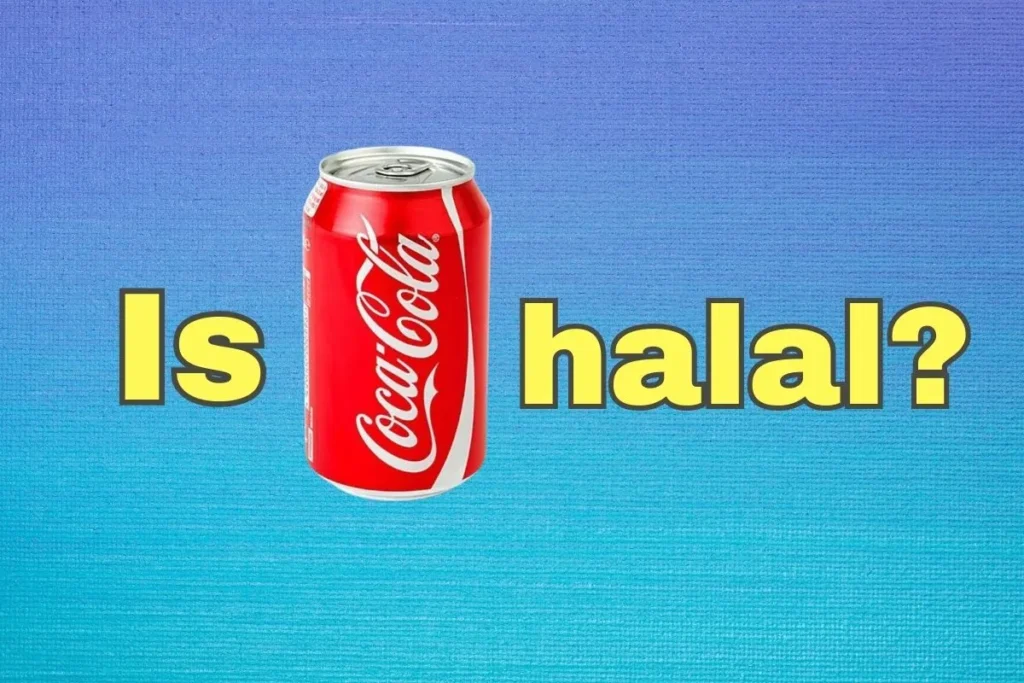E174 refers to silver as a food coloring agent approved for use in many countries. It is added to foods like cake decorations, liqueurs, dietary supplements, and more to provide a lustrous metallic sheen. But with concerns around permissible food additives in Islam, is E174 halal? Read on to learn more.
Key Takeaways
| 📌 E174 is a food coloring made from silver. It’s used to make food look shiny and metallic, like in cake decorations and drinks. |
| 📌 E174 is made by grinding silver into a very fine powder. It doesn’t have any animal ingredients or alcohol. |
| 📌 Yes, E174 is generally considered halal. It follows the rules of halal and doesn’t contain any forbidden substances. It’s safe to use in small amounts in food and drinks. |
What is E174?
E174, also known as silver leaf, silver color, or just silver, is a food coloring additive consisting of silver metal particles. In the E number system, it is designated as E174.
It is used to impart a metallic silver luster or glitter to foods, especially sweets, desserts, and liquors. The silver coloring is eye-catching and can make foods look more festive or appetizing.
Chemical Structure
E174 silver consists simply of metallic silver particles. Silver is represented by the chemical symbol Ag, with an atomic number of 47 on the periodic table.
In its elemental form, silver is a soft, white, lustrous transition metal. It has high electrical and thermal conductivity and the highest reflectance of all metals.
What is E174 Made From?
E174 silver coloring is made by grinding pure metallic silver into a fine powder. The silver particles are very small, generally between 60-80 microns in size.
To make the additive, silver is first melted down and atomized into a fine dispersion. An electroexplosive process produces highly concentrated silver nanoparticles. These particles are then usually coated with a food-grade protective layer to prevent reactivity.
So in summary, E174 consists purely of elemental silver produced through industrial processes. No animal derivatives or alcohol are used.
Possible Side Effects
In low doses, silver is considered relatively non-toxic to humans. However, ingesting very high doses can potentially lead to a condition called argyria.
Argyria causes a bluish-gray discoloration of the skin, eyes, internal organs, and nails due to silver deposition in the tissues. However, this effect has only been documented with prolonged exposure to silver preparations well above typical food additive levels.
Overall, the low doses of E174 silver used in food coloring are not associated with toxicity. It is generally recognized as safe by food safety authorities.
Regulations and Guidelines
While it’s not approved in the USA, the use of E174 silver as a food additive is approved in the EU, Australia, New Zealand, and many other countries.
The EU sets a maximum level of E174 at quantum satis or QS, meaning no numerical limit since it is not considered a health concern at typical usage levels.
Other countries like Australia and New Zealand have limits of 0.03g silver/kg in solid foods and 0.007g silver/kg in beverages. However actual usage rates in products are usually far lower than these limits.
So E174 is broadly permitted and follows all halal regulations when used properly at low levels.
Dosage and Administration
The quantity of E174 silver used in any food product is quite small. The typical concentration ranges from 0.002-0.005% by weight.
The maximum usage levels depend on the type of food product:
- Solid foods (cakes, candies, coatings): QS or 0.5g/kg
- Liqueurs and spirits: QS or 30g/kg
- Cocktail decorations/sprinkles: QS
Within these limits, E174 provides an eye-catching metallic effect while remaining in trace amounts unlikely to cause side effects for most people.
Is E174 Halal or Haram?
Based on its chemical structure and manufacturing process, E174 silver obtained from elemental silver is generally considered halal.
Here are some key points:
- It does not contain alcohol or other haram ingredients
- E174 is not derived from animal sources
- No pork products or byproducts are used
- Major halal organizations approve it in low doses
There was past uncertainty around the use of silver leaf with pork-derived gelatin. But modern E174 manufacturing methods avoid such issues.
Overall, E174 silver coloring can be classified as a halal-compliant food additive when sourced properly. But as always, it is best to check with reliable halal-certifying organizations if concerned.
Find out more:
Is E173 Halal or Haram?
Is E175 Halal or Haram?
Conclusion
E174 silver used at low levels is an eye-catching metallic additive permitted in many countries. It provides a lustrous aesthetic effect in foods and beverages ranging from cakes to cocktails.
With no haram ingredients and recognition by major halal authorities, this common coloring agent can be considered halal-compliant.
Allahu A’lam (Allah Knows Best)
FAQ
What is the source of E174?
E174 is produced from pure metallic silver particles that are mechanically ground into a fine powder. No animal or alcohol derivatives are used.
Is E174 safe for consumption?
In small doses as a food additive, E174 is considered non-toxic. However, very high intake over a long period can potentially lead to argyria, which is not a concern at typical food-grade levels.
What are some common food products that contain E174?
E174 is found in cake decorations, candy coatings, liqueurs, dietary supplements, cognac, and any foods where a silver metallic color is desired.
What is the CAS number of E174?
The CAS registry number for silver is 7440-22-4. This corresponds to E174 silver.
Is E174 banned in any country?
No, E174 silver is approved for use as a food additive in the EU, Australia, New Zealand, and many other countries with no bans, just quantity restrictions.
- Is Pop Tarts Halal? What You Need to Know - February 18, 2024
- Are Graham Crackers Halal in Islam? - January 19, 2024
- Is Keebler Wheatables Halal? - January 18, 2024





